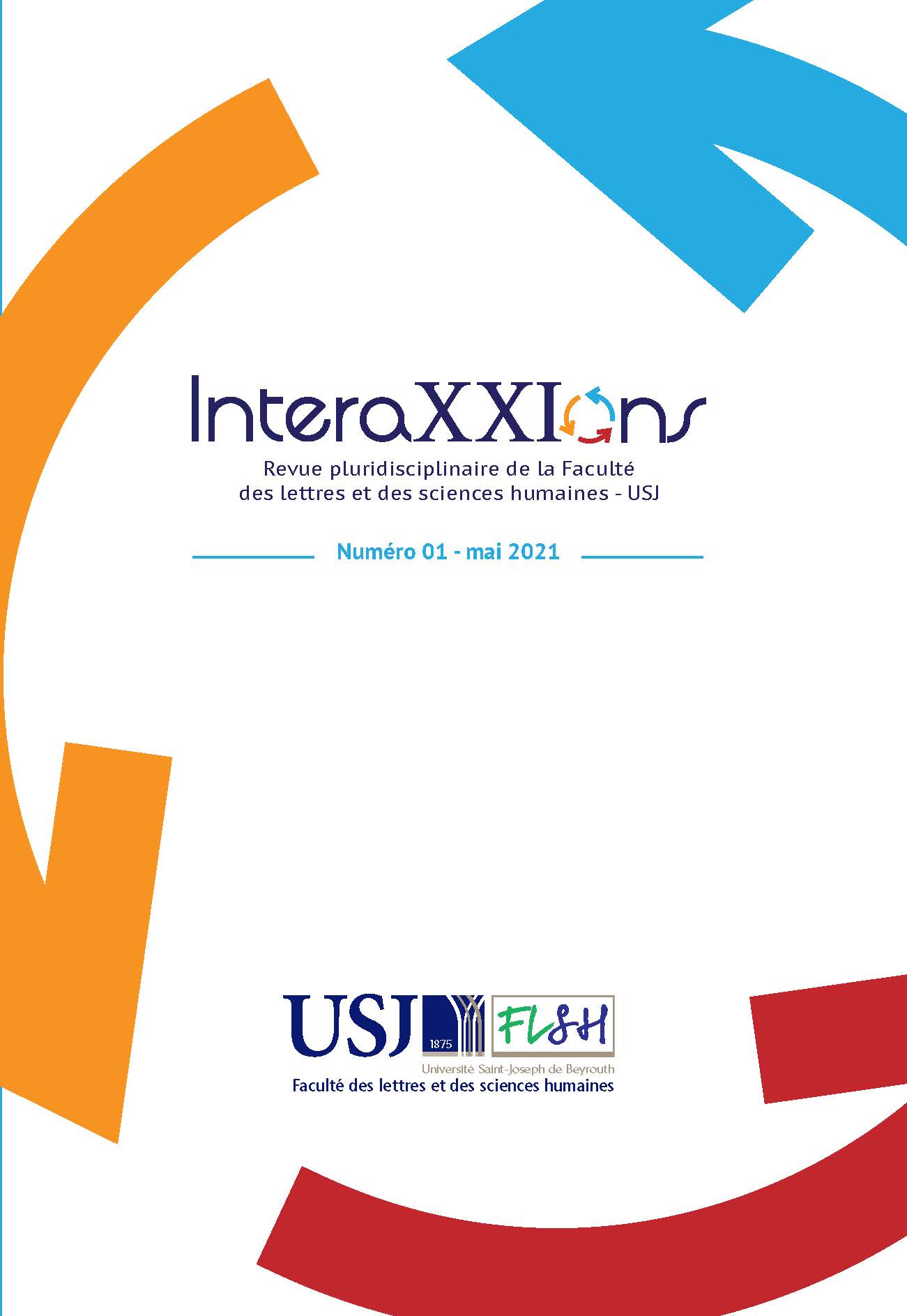Abstract
To interpret and transform current social relations, one must first have a good appreciation of the theoretical contributions of Marxism. Karl Marx wrote numerous political analyses such as The Class Struggles in France, The Eighteenth Brumaire of Louis Bonaparte and The Civil War in France which provide us with important conceptual tools. This tradition of critical analysis of revolutionary transformations and the conceptualization of major social changes retain much of their relevance today. The works of Friedrich Engels, Rosa Luxemburg, Leon Trotsky, Vladimir Lenin, Antonio Gramsci, and Wilhelm Reich deserve to be re-examined rather than being relegated to the Museum of Antiquities. The concepts of permanent revolution, passive revolution, spontaneity, class consciousness, contradiction, class struggles, organic intellectual and hegemony are still used by social scientists today. However, they are rarely examined as they should. An exception to this rule is Domenico Losurdo. He goes on to explain that the main challenge for the critical theorist today is twofold in nature. Not only is it necessary to return to the classical sources of Marxism in order to understand the origin and development of its major concepts, but one must then be able to apply them directly to recent history. Our article is inspired by the Marxist approach. It will attempt to apply some key concepts of historical materialism to revolutionary moments of the 21st century such as the Arab Spring.

